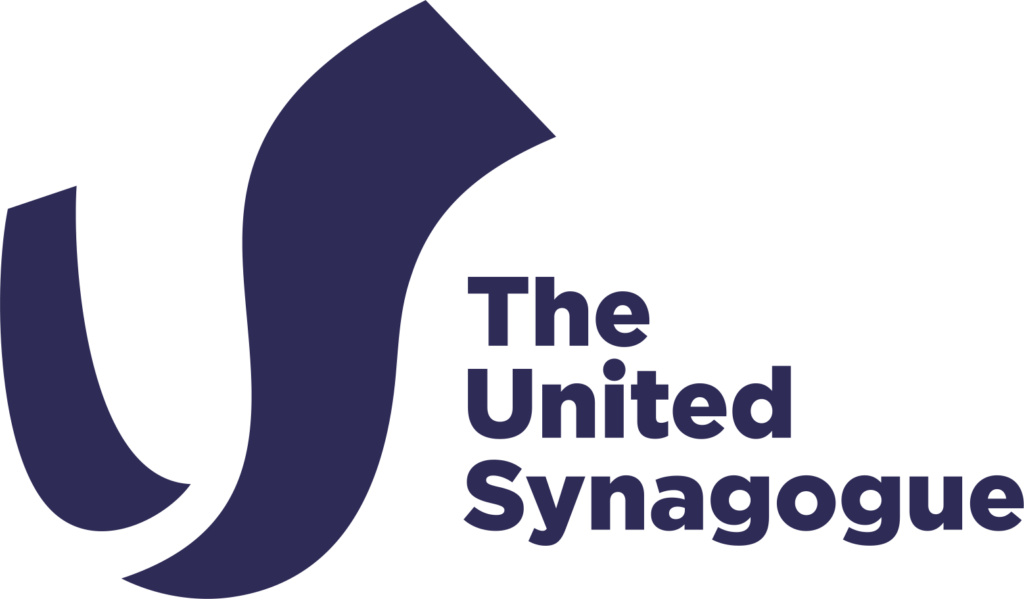By Rebbetzen Rachie Lister, Edgware United Synagogue
On the first day of Rosh Hashanah, we read about Hannah, who prayed for and dedicated a son in the service of G-d. On the second day, we read Yirmiyahu’s (Jeremiah’s) description of the ongoing love and affection of a Jewish mother, shedding tears for her beloved children. The common link between these two women is that they care about the Jewish future far beyond their own direct offspring.
Consolation and encouragement to Israel in exile ring out from the words of the prophet Yirmiyahu. Previously the nation was in the wilderness, having escaped from the persecution of the Egyptian enemy, and we were found worthy in the eyes of G-d to receive the Torah. So too, post the destruction of the Temple, having been sent out to the wilderness of the nations, we receive the words of the promise of G-d that what has been torn down will once again be rebuilt. Throughout the ages, G-d encompasses us with love.
This reading for Rosh Hashanah reflects deep feelings of brotherhood. We stand in prayer before the Almighty, knowing that for over two thousand years, we have descended from the exiled tribes of Yehuda (Judah) and Binyamin (Benjamin). The ten other tribes had never been tied to the Torah as strongly as Yehuda and Binyamin, whose areas included the Temple and its precincts; they were missing for thousands of years. However, they still live in our memory. On this holy day, the wise arrangers of the prayer service took care that we should also remember in love our missing brethren. Yirmiyahu promises that Ephraim, in whose territory the expulsion started, will come back to G-d as one of his children.
The reading continues that Rachel weeps for her children. Although the tribes are currently lost to us, from Rachel’s eye, ‘looking down from heaven’, they are not lost forever. She has a clear vision of her children. The prophet describes in verse 14: “So has G-d said: a voice is heard on high, lamentation, bitter weeping, Rachel, weeping for her children, she refuses to be comforted for her children for He is not there”. The context suggests that “He” can only be referring to G-d, just a few verses earlier, it had proclaimed G-d to become a Father to Israel as a future goal. Rachel misses G-d in the homes, the lives and the hearts of her children. Therefore she weeps bitterly and refuses to be consoled.
The Jewish people have always looked to Rachel as a mother figure; all of her children, including the lost tribes, are our brethren. On Rosh Hashanah we remember them and long for the time of reunion to arrive. On the day when we examine ourselves before G-d, we look forward to a time when these ten lost tribes will come back as children to their original home, back to G-d’s Torah to keep His word.
We also pray on this holy day that Rachel will not have to cry for the Jewish people as a whole, that the two remaining tribes of Israel will have a good judgement and be blessed as a people loyal to G-d in our lives, our homes and our hearts. May we all have a happy, healthy and productive new year.

